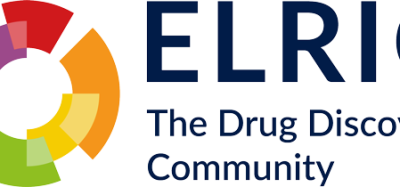Which CHO cell is the right CHO cell?
Posted: 30 March 2021 | Dr Louis Boon (Polpharma Biologics Utrecht) | No comments yet
Dr Louis Boon offers guidance on how to select the best CHO cell for the upstream bioprocessing of biologics. He also explains how automation can aid monoclonality and why the most efficient approach during the development of biological drugs is to utilise an established cell line platform.
Since the approval of the first biotherapeutic in the 1980s, there has been a consistent growth in the biologics market, the technology associated with it and quite notably, the bioprocessing used in their production. Unlike small molecule drugs, biologics cannot be chemically synthesised. Instead, they must be produced by living cells in bioreactors or fermenters. The earliest and most straightforward biologics were produced and hosted in microbial systems, particularly E. coli. The increasing complexity of the protein molecules introduced a shift to yeast cells as hosts. Subsequently, to produce monoclonal antibodies (mAbs), mammalian production platforms…
Related topics
Biologics, Biopharmaceuticals, Biotherapeutics, Cell Cultures, Cell Line Development, Drug Development
Related organisations
Sphere Fluidics Ltd.








